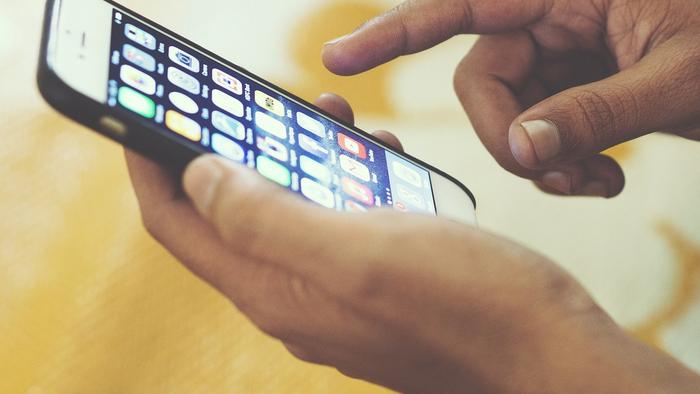Apple complies with the EU’s Digital Markets Act with iOS 17.4. The update brought alternative app stores and complete third-party browsers. It will soon also be possible to install some apps without an app store. However, the road to freedom is rocky for users and developers.
Update from March 13, 2024: Apple is again adjusting its app policy in the European Union (EU). This is what the news agency writes “Reuters”, which refers to a statement from the US company dated March 12, 2024 and describes Apple’s announcements as a “backtrack”. According to the announcement, developers will in future be allowed to offer certain apps directly via websites. The process is also known as sideloading. This would eliminate the need to go through an app store.
However, Apple severely limits the circle of developers who can claim this innovation. According to the Apple website Only those who, among others, receive permission for sideloading
- has been a member of the Apple Developer Program for two years or more and has paid the applicable fees;
- has at least one iOS app that was installed a million times or more in the EU in the previous calendar year and
- has its headquarters in an EU country.
Apple also wants to check iOS apps that are available for direct web download in advance, although not in terms of content. There is also a fee known as the Core Technology Fee: If an iOS app is installed more than a million times within a year, each additional installation costs 0.50 euros.
Other Apple adjustments to the DMA include:
In the future, operators of alternative app marketplaces will no longer necessarily have to offer third-party apps.
Within apps, developers are allowed to point out alternative payment methods for purchases and link to corresponding offers.
These changes are expected to roll out this spring, presumably with another update to the iOS operating system. They apply exclusively to offers within the EU. This means that iPhone users in Switzerland largely have nothing to gain from this.
Original message from March 6th, 2024:
Apple opens iPhone with iOS 17.4 in EU (a bit)
Apple’s iOS update 17.4 is one of the larger operating system updates since the introduction of the iPhone and certainly one of the most significant. This isn’t because of new podcast episode transcripts in Apple Podcast, improved battery stats, or new emojis. Rather, with iOS 17.4, Apple is complying with the EU’s Digital Markets Act (DMA) and making the iPhone more accessible – at least in theory.
Apple now allows the installation of alternative app stores within the EU, among other things “The standard” reported. Users can even set this as the default app for downloading apps, as the DMA stipulates. It’s a step that the apple company has resisted for a long time – and it insists on making its implementation as complicated as possible.
Hurdles for developers
The operators of any third-party stores will face numerous regulations and financial hurdles, explains “Der Standard”. Apple determines which store is approved. The iPhone manufacturer also has the final say when it comes to apps, at least to a limited extent. Apple had already warned against apps from third-party sources because they could contain pornographic content or piracy apps. As in its own app store, Apple also wants to check the apps in third-party stores, for example for malware, the accuracy of the app description and the basic functionality. Every app receives a digital certificate from Apple, which the company can also withdraw and thus ban the app. According to “Standard”, real “sideloading”, i.e. the manual installation of apps, is not possible.
There are currently no third-party app stores for iOS. The Ukrainian company MacPaw has announced one for spring this year. Game manufacturer Epic wants to use the new options to bring its blockbuster “Fortnite” back to the iPhone, writes “Der Standard”. Apple banned the game from its store after Epic wanted to keep the revenue from in-app purchases for itself instead of giving 30 percent to Apple – A long legal dispute resulted between the two companies.
Paying with other apps becomes possible
The DMA also affects payments on the iPhone. With iOS 17.4, apps in the EU can now use other service providers for payment processes; previously this was also limited to Apple. Here, however, the group collects a platform tax that is only slightly lower than the other Apple tax for payment processes, as “Der Standard” writes. Keyword payment: From iOS onwards, it is also possible in the EU to make contactless payments via NFC chip via other apps, which was previously reserved for Apple Pay.
Anyone who opens Safari after the update will be asked which browser he or she would like to use by default for surfing in the future. The big change here is that developers can now offer complete alternative apps. Previously, external browsers such as Chrome, Firefox & Co. still had to use Safari’s rendering engine.
Regarding the messaging service Apple has been granted an exception to the DMA for iMessage. With the update, iMessage receives the new end-to-end encryption PQ3, which is also intended to protect against future attacks with quantum computers.
All iOS changes resulting from the Digital Markets Act are reserved for the EU. The regulation does not apply in Switzerland.

